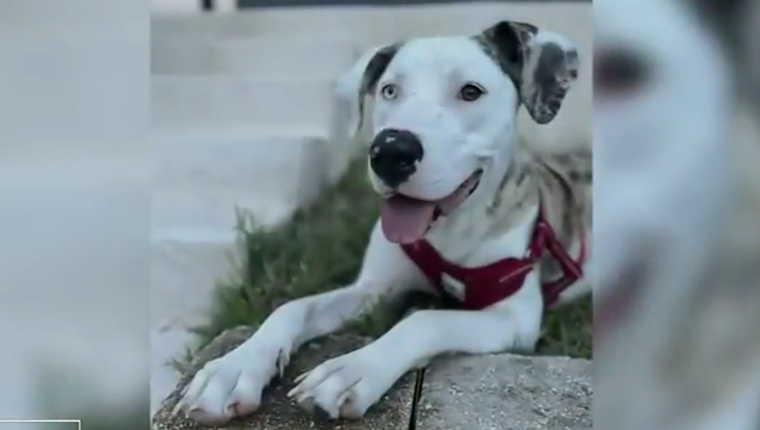A Florida woman’s attempt to turn in a lost dog resulted in a $500 fine, according to an Orlando news station.
The penalty stemmed from misinformation on the lost pup’s intake form, on which the woman lied about the county she found the dog in. The incident brings issues like animal overcrowding and shelter staffing shortages to light.
Lost Dog Costs $500
On July 4, Hunter File found a dog roaming in the street. Naturally, she picked up the wandering doggo. “There’s no way you could just leave a dog,” File explained in an interview with WFTV.
File, who has three children, took the dog home for one night. The next day, she decided to give the pup to an animal shelter. Naturally, she contacted the closest animal shelter, which was Lake County Animal Services.
Lake County Animal Services informed the Good Samaritan that they would not take the dog because she was found in Orange County. Following Lake County’s direction, File attempted to get in contact with Orange County Animal Services. According to her, they took several days to call her back.
When a plan to meet with a representative from the shelter fell through, File took the pup back to Lake County Animal Services. At a loss, she lied on the intake form. She wrote that she found the pup in Lake County instead of Orange County.
A few days later, File received a $500 fine for this discrepancy. When asked how they knew she lied, Lake County Animal Services said, “Without discussing details, we have a good relationship with law enforcement.”
If File doesn’t pay the fine before September 1, she’ll be required to attend a hearing.
Shelter Overcrowding and Staffing Shortages
Unfortunately, Fine represents just one of many Good Samaritans who have faced issues when surrendering an animal to a shelter. What should operate as a safety net for individuals who find strays ends up becoming part of the battle.
However, the last thing we want to do is point the finger at either animal shelter involved in the incident. Where, then, should Fine aim her frustration?
Fine’s unfortunate circumstance results from a perfect storm of issues that impact shelters — specifically, government-funded shelters. A 2021 study conducted by Best Friends Animal Society found that staffing was down 87 percent at partner organizations throughout the country. Of those 87 percent, 71 percent cited the main reason for the shortage as “unable to recruit, hire, and maintain staffing levels.”
Moreover, shelters throughout the country are overcrowded. This means that shelters are dealing with both smaller staffs and a greater work load.
The simple fact of the matter is that shelters do not want to deny animals or let Good Samaritans down. They just don’t have the capacity, both in terms of physical space and labor, to take on all of the animals they are presented with.
However, hitting a Good Samaritan with a hundreds-dollar fine for attempting to save a dog doesn’t necessarily help to build a good community-shelter relationship.
For information on getting involved with a local animal shelter, click here.









